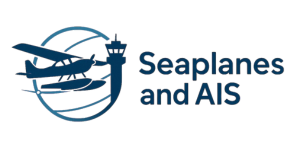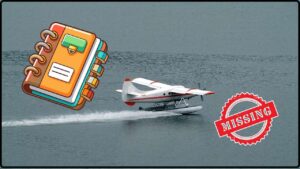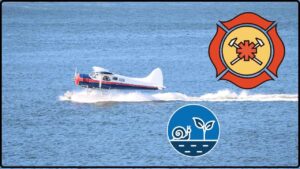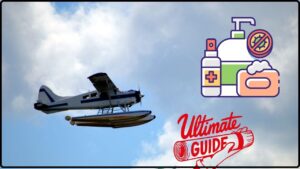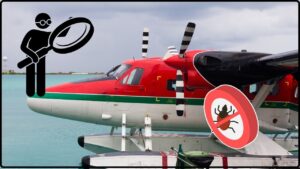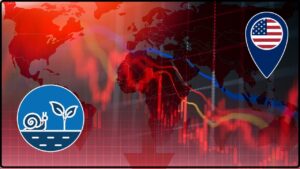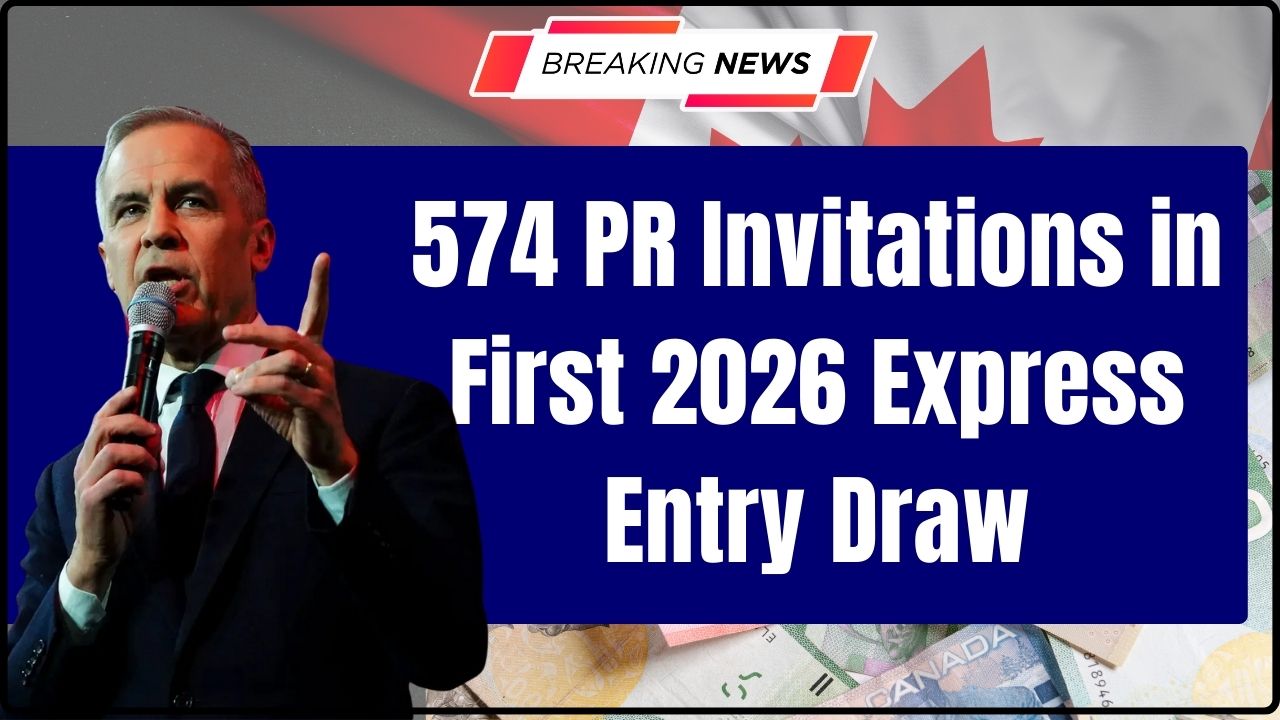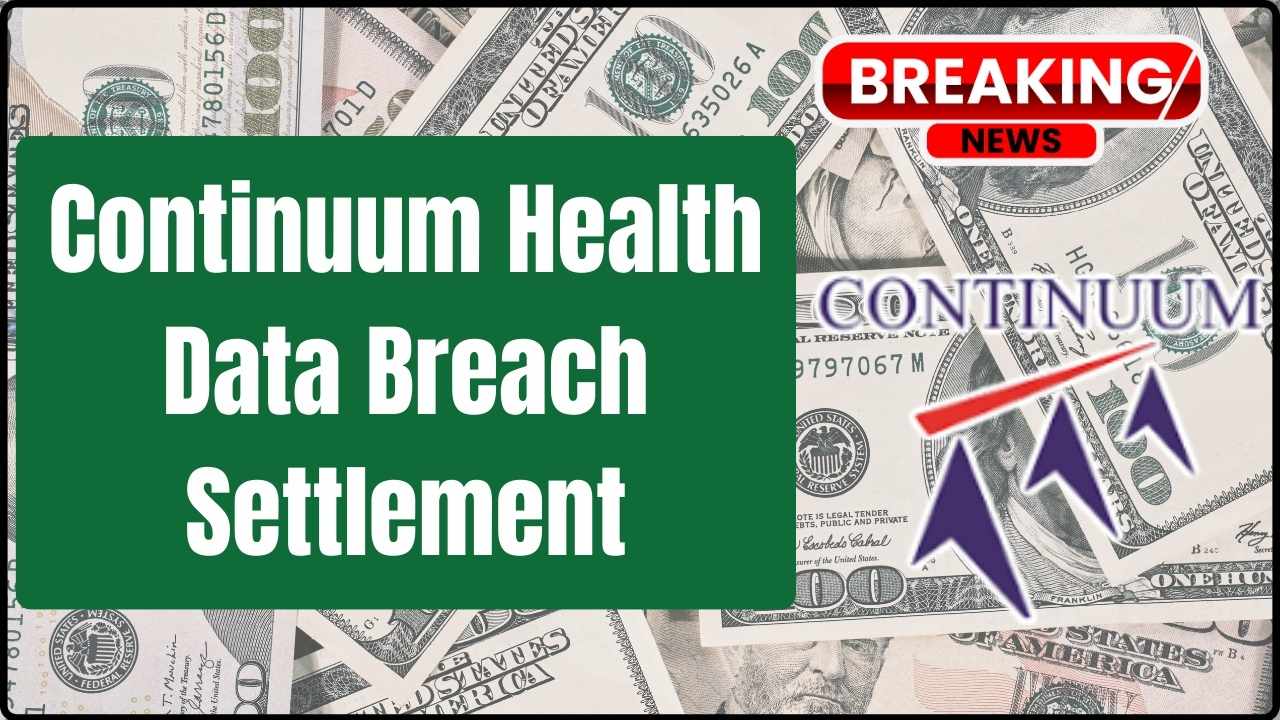Best AIS Cleaning & Decon Supplies for Aviation: Keeping an airplane clean isn’t just about making it look shiny—it’s about safety, performance, and passenger confidence. Whether you’re managing a private jet or a commercial airliner, having the best AIS cleaning and decontamination supplies is essential to maintaining aircraft hygiene, protecting critical components, and ensuring safe flights. This comprehensive 2025 guide dives deep into top products, best practices, industry trends, and expert advice, all explained simply enough for beginners, while offering valuable insights for maintenance professionals.
Table of Contents
Best AIS Cleaning & Decon Supplies for Aviation
In 2025, maintaining pristine aircraft cleanliness and safety requires more than elbow grease—it demands a scientific, regulated approach using the best aviation-grade AIS cleaning and decontamination supplies. Gentle but effective soaps, specialized degreasers, protective polishers, and advanced disinfectants like Bacoban and NPBI™ ensure your fleet stays impeccable, corrosion-free, and hygienic.
With an increased focus on sustainability and regulatory compliance, the aviation industry is pushing towards eco-friendly, efficient cleaning methods that protect passengers, crew, and the environment alike. Whether you’re an aircraft mechanic or a curious aviation fan, grasping these expert tips and investing in the right products can keep your aircraft flying safe and shining bright for years to come.
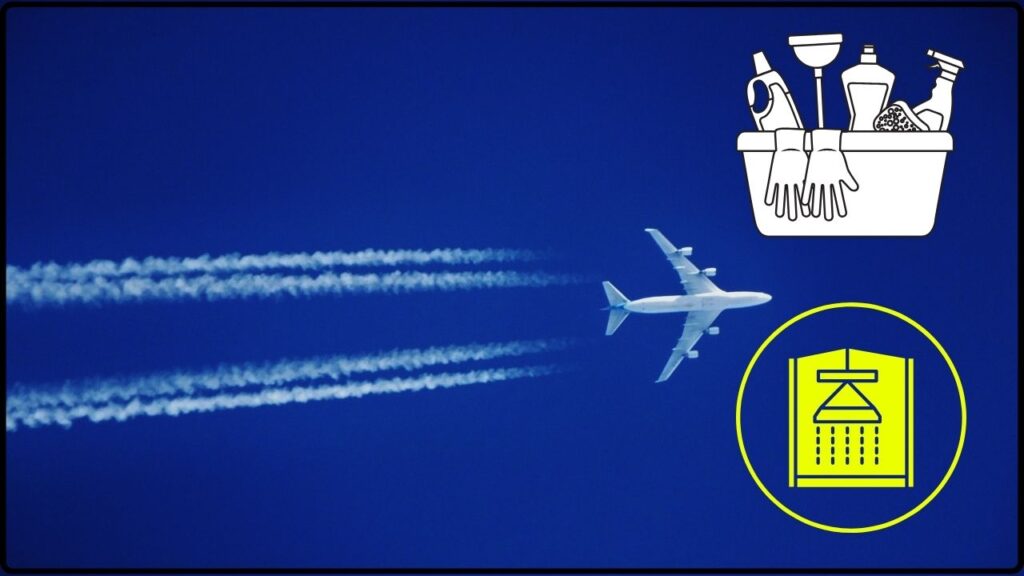
| Aspect | Details |
|---|---|
| Market Size | Valued at $850M in 2023; projected to grow to $1.5B by 2032, with a CAGR of about 7% |
| Popular Product Types | Exterior soaps, degreasers, cabin disinfectants, corrosion inhibitors, paint polish & wax |
| Leading Products | Aero Cosmetics Wash Wax All, Bacoban for Aerospace disinfectant, Solidus Zi-400 HD Cleaner |
| Special Features | Ammonia-free, corrosion inhibitors, biodegradable, aviation-approved for sensitive materials |
| Usage Scope | Exterior washing, grease removal, cabin surface cleaning, effective disinfection |
| Latest Tech | Needlepoint bipolar ionization (NPBI™), antimicrobial coatings, UV disinfection |
| Industry Compliance | FAA & EPA-approved products, strict regulatory guidelines |
| Reference Source | FAA Aircraft Cleaning Manual |
Why AIS Cleaning & Decon Supplies for Aviation Are an Absolute Must?
Planes are no ordinary vehicles—they’re made from delicate composites, specialty paints, sensitive electronics, and luxurious interiors. This means wrong cleaning products can cause irreversible damage such as peeling paint, corrosion of structural metals, or failure of avionics, which can compromise safety and lead to expensive repairs.
Household or industrial cleaners often contain harsh chemicals like ammonia or phosphates that are too aggressive for these surfaces. Aviation-grade products are carefully formulated to be effective yet gentle, protecting the structure and function of the aircraft while meeting stringent FAA and EPA environmental and safety standards.
Using these approved cleaners ensures you maintain warranties and uphold hygiene in compliance with airline and regulatory expectations.
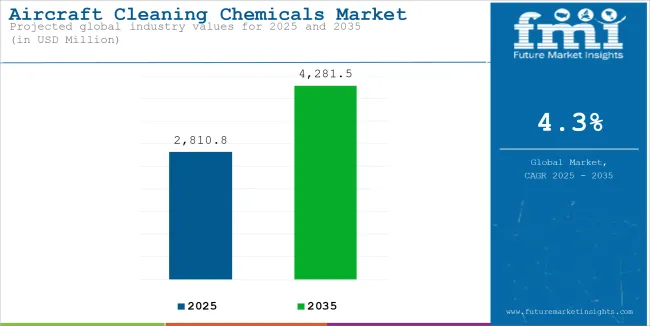
Exterior Cleaning: Step-by-Step Guide to a Shine that Matters
Step 1: Gentle, pH-Neutral Soap Wash
Start your exterior cleaning with pH-neutral soaps designed to remove dirt, grime, and pollutants without stripping protective coatings or dulling paint. Leading products like Aero Cosmetics Wash Wax All and Arrow-Magnolia Fleet Wash efficiently clean bug splatter, oil residues, and everyday dirt.
Step 2: Targeted Degreasing for Heavy Soils
Aircraft accumulate stubborn oils, hydraulic fluids, and hard debris that mild soap can’t handle. Use specialized biodegradable degreasers such as Shiny Jets Oil Delete or Solidus Industries Zi-400 HD Cleaner, distinguished by their effective grease-cutting power yet safe formulation that won’t harm metals or composites.
Step 3: Polishing and Paint Protection
After cleansing, protect your aircraft paint with aviation-safe wax or sealants. These products create a barrier against corrosion, UV radiation, and environmental wear. Products with built-in corrosion inhibitors, such as the Zi-400 HD Cleaner, not only polish the surface but help extend aircraft life and preserve resale value.
Cabin Cleaning and Decontamination: Next-Level Hygiene
Passengers notice and appreciate a fresh cabin experience, especially in today’s health-conscious environment. Beyond aesthetics, frequent and thorough decontamination reduces pathogen spread and keeps flights safe.
Essential Cabin Cleaning Supplies
- Hard Surface Cleaners that disinfect and remove grime on tray tables, armrests, overhead bins, lavatories, and controls.
- Disinfectants like Bacoban for Aerospace, trusted for long-lasting antimicrobial activity and effective against viruses including COVID-19.
- Leather Conditioners to maintain and protect premium seating, preventing drying and cracks from repeated use.
- Ammonia-free Glass Cleaners such as Prist Glass Cleaner, designed for clear cockpit and cabin windows without residue or damage.
- Anti-Static Sprays to reduce dust accumulation on avionics displays and touchscreens.
Innovative Decontamination Tech
New technologies like needlepoint bipolar ionization (NPBI™) are gaining traction. NPBI™ releases charged ions that neutralize airborne bacteria and viruses and deactivate surface-bound microbial contaminants, improving cabin air quality and complementing manual cleaning.
Environmental Responsibility and Regulations
The aviation sector is pushing hard for sustainability, as it faces pressure to lower its carbon footprint across all operations. Cleaning supplies are no exception.
Eco-Friendly Product Trends
Many cleaning agents in 2025 are certified biodegradable and free from VOCs (volatile organic compounds)—reducing chemical pollution and protecting both crew and passengers from harmful exposure.
Regulatory Compliance
Strict government mandates from the FAA and EPA ensure that aviation cleaners meet environmental safety standards, prompting airlines to shift from solvent-based products to environmentally safer, water-based alternatives that still deliver strong cleaning and disinfection.
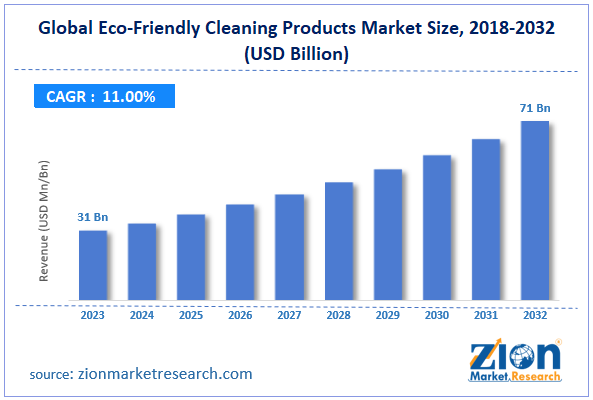
Tools & Techniques for Effective Cleaning
- Always use microfiber cloths, soft brushes, and non-abrasive tools to avoid scratching delicate surfaces.
- Apply chemicals following manufacturer instructions—dosage and contact time are crucial for safe and effective cleaning.
- Implement standardized cleaning protocols and schedules, critical for operational efficiency and regulatory adherence.
- Train personnel to recognize material compatibility and wear proper personal protective equipment (PPE) when handling chemicals.
- Monitor and document cleaning quality to prevent oversight and improve processes over time.
Industry Trends and Market Outlook
The global aircraft cleaning and sanitizing market is growing robustly, valued around $850 million in 2023 and projected to hit $1.5 billion by 2032, with a CAGR near 7%. Several factors drive this trend:
- A post-pandemic surge in hygiene, requiring more frequent and deeper cabin sanitization.
- Growth in air passenger traffic and fleet expansions, especially in Asia-Pacific and the Middle East.
- Increasing integration of cutting-edge cleaning technologies and automated systems.
- Rising demand for environmentally friendly, sustainable cleaning products aligned with net-zero industry goals.
The market is also witnessing innovations in ready-to-use sprays and foams, robotic cleaning systems, and UV-C disinfection technology. Airlines are increasingly investing in green chemistry to reduce environmental impact and appeal to eco-conscious travelers.
Beyond the Boat: Why Seaplane-Specific Decontamination Is Different
The Ultimate “Clean Drain Dry” Guide for Seaplane Pilots
State-by-State AIS Regulations: A Seaplane Pilot’s Compliance Guide
